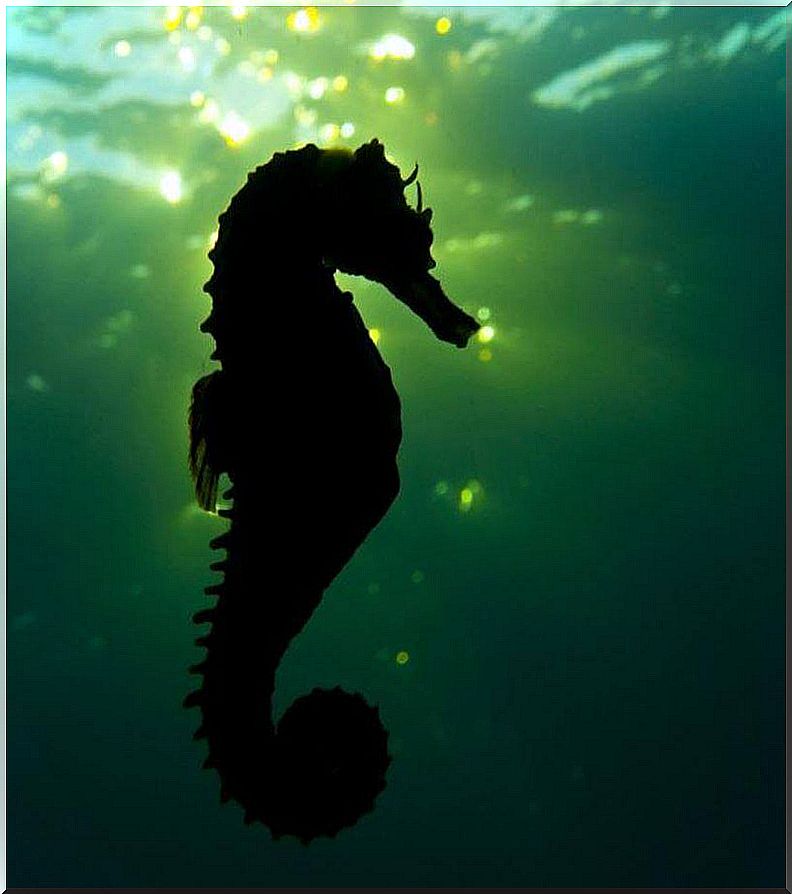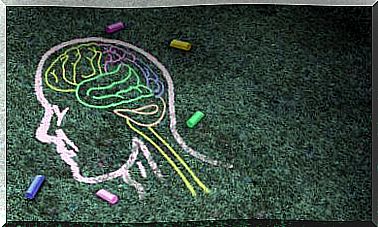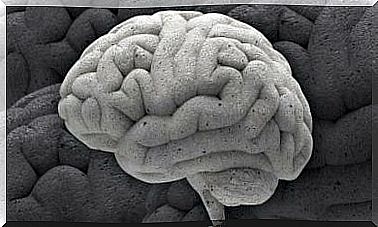The Hippocampus, The Structure Of Resilience

The hippocampus is located in the medial area of our temporal lobe. It is a not very large but delicate structure, a subtle wonder that many mammals have where our ability to learn, to get excited and even to communicate is hidden.
This is where our childhood memories are inscribed, for example, that long-term memory that we recover often impregnated with more or less positive emotions. Memories that have defined us in what we are today and that, in some way, govern our behavior. That is why many experts focus their interest in this area where people put into motion that wonderful gear that is resilience. That ability to deal with adverse situations. For making an assessment of everything that happened and refining courage and strategies with which to move forward with strength and optimism, having obtained a lesson from the past.
The hippocampus gets its name from an almost exquisite resemblance to the seahorse. A delicate but strong creature at the same time, which reigns in the ocean for being one of the most special and unique animals.
THE EMOTIONAL NERVOUS SYSTEM
The hippocampus is part of what we know as the limbic system, which includes the amygad and the hypothalamus. All this sophisticated neural network is strongly involved in emotional learning. An interesting aspect also of our particular “seahorse” is that, if it were damaged or if it had to be removed, we would be unable to form new learning.
What this structure does is to establish new experiences and recent knowledge in that long-term memory that will shape who we are. Our private trunk, our true essence. We would also lose our declarative language, that is, the ability to explain ourselves or evoke past data. The importance of the hippocampus in the emotional issue lies above all in that people, in addition to storing facts and memories in our long-term memory trunk, we also cover them with emotions.
A happy childhood endowed with scenes and moments that give us security to continue growing with autonomy, is stored there, in the hippocampus. A youth with triumphs and disappointments that have made us learn, improve as people, also resides there. Or it may be that our childhood was lacking emotional ties with which to develop properly, gaps that we still remember with pain and suffering … all of this, all these scenes are stored by the hippocampus, along with other structures, those that help us – or not – to manage our emotions always related to our past experiences.
HIPOCAMPUS AND RESILIENCE
At this point, you are surely wondering what is the relationship between our hippocampus and resilience. Well, there is a very illustrative fact to take into account. It has been found that people who have suffered from post-traumatic stress, and who have led a complicated and miserable life, have a much smaller hippocampus. Much smaller.
Stress, and especially cortisol, ends up damaging many of our brain structures, killing them. Hence, the hippocampus, intimately linked to emotions, ends up being seriously damaged. On the contrary, if we learn to manage our emotions, if we can get support and orient our lives properly by learning from adversity, the hippocampus remains strong and well developed. It is he who suffers, it is he who learns, who feels happiness and misfortune … he is “our brain muscle” that we exercise to develop our resilience.
But is one born with resilience or do we develop it over time? This is undoubtedly a very common question that has led to the occasional debate . Some say that resilience is something innate that is inherited. But to think that is to put a blindfold on ourselves. It is to see for example that if our parents have not been able to face a certain fact, neither will we. Absolutely. It is a mistake to think this. We all, absolutely all of us have our own capacity to be resilient.
What’s more, humans are genetically programmed to survive. We can all face limitations, risks, tragedies and trauma with force if we put our minds to it. And what’s more, we will learn from it. We will come out stronger. But how do you get it? It is not easy, to be sure, but to overcome a misfortune, a betrayal, a loss, or an abandonment, courage is required. Courage, strength and desire to get excited about life again.
Because we are all strong and capable, even though our exterior appears the delicacy of a seahorse …









